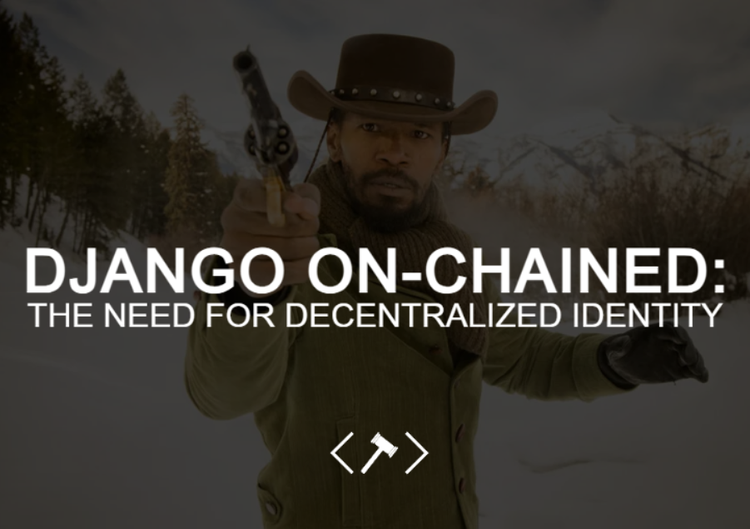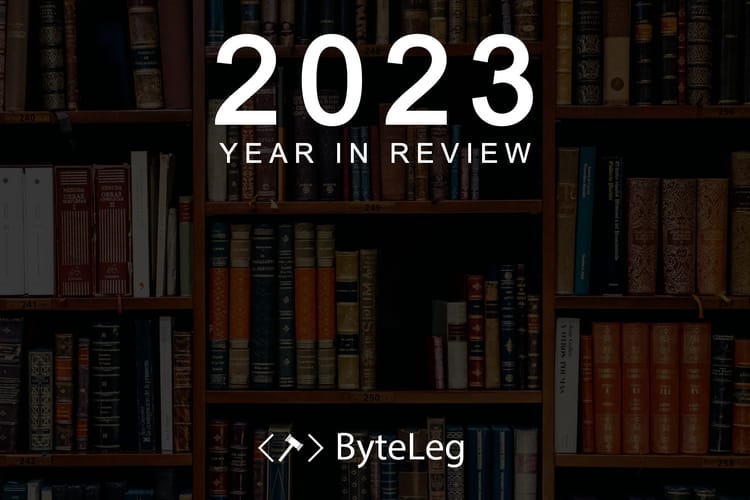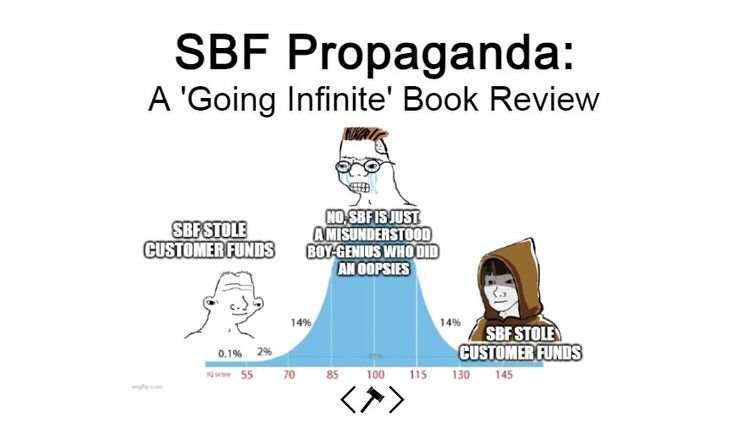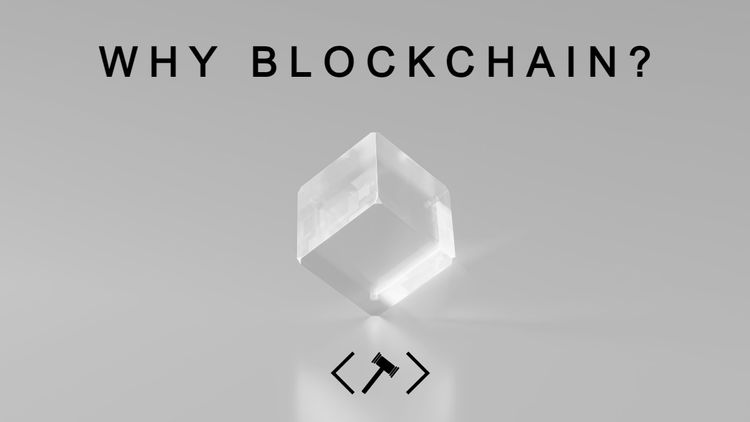Solana for Business: Token Extensions and the Emerging Enterprise Use Case
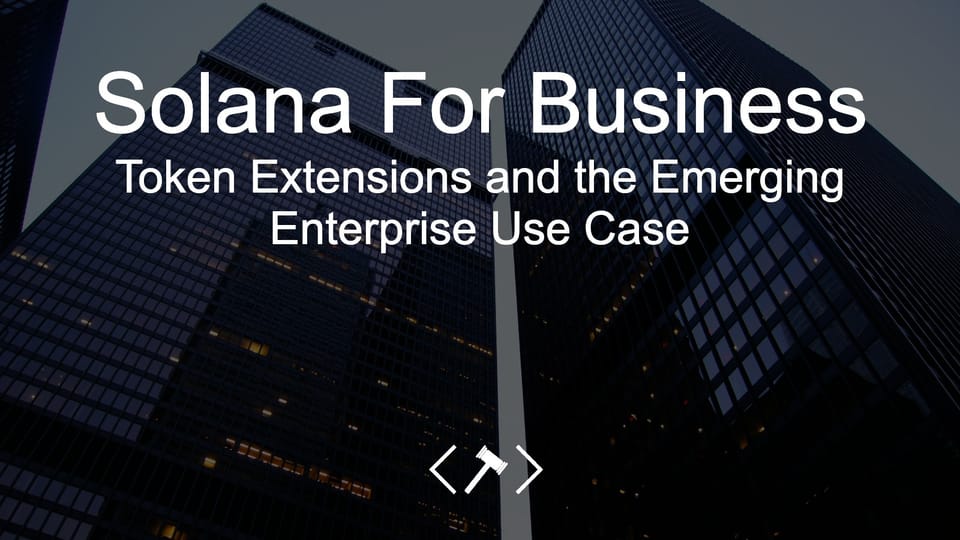
I'm happy to share that this post won 1st place for Token Extensions on Solana track of the Solana Scribes Hackathon:
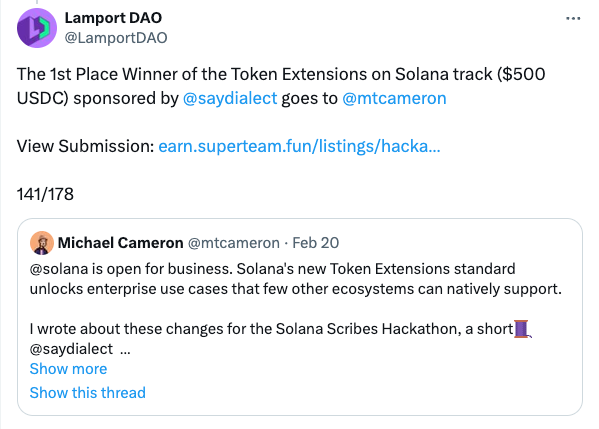
If you enjoy my writing, consider subscribing for free below:
On to the article...
Token extensions on Solana are a major unlock for enterprises. Released on January 24th, token extensions are the newest iteration of the Solana token program. These changes provide developers with more than a dozen new tools which can be uniquely combined to address new problems.
As the Solana ecosystem grows, onboarding users like enterprises will require new and more complex capabilities to meet their needs. Token extensions provide new functionality to the core Solana protocol, unlocking use cases that few other ecosystems can natively support.
While blockchains have seen user growth in consumer applications and infrastructure, enterprise adoption has been slow. As token extensions are adopted, non-financial applications such as supply chain management, notarization, and licensing regimes will come on-chain.
This article will discuss:
- How token extensions work.
- Why blockchains are good for business.
- Token extension use cases for the enterprise.
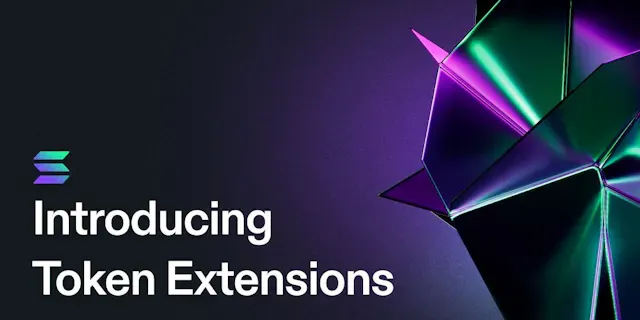
What are token extensions?
Tokens are the native way to exchange information and value on-chain. Token extensions are a new technical standard for tokens on the Solana blockchain. By creating new native functions for tokens, token extensions unlock applications which were previously impossible.
Instead of listing each extension and its possible use cases - which the Solana team did a great job outlining here - I will focus on a few extensions which I believe provide the greatest unlock.
Confidential Transfers
The confidential transfer is a way to privately transact on-chain. Privacy is essential for businesses. This token extension uses zero-knowledge proofs to hide balances and transaction amounts. Confidential transfers can be seen by the source, the destination, and an optional third-party auditor.
Transfer Hooks
Transfer hooks grant a token’s creator more control over the token. This extension requires that whenever a token is transferred, a custom piece of logic be invoked. Custom logic empowers new use cases, such as requiring certain conditions to be met before a token can be transferred. Because this is built into the token itself, no external parties are required to enforce these rules - the blockchain itself enforces them.
Transfer Fees
Transfer fees enables token creators to collect a fee each time a token is transferred. This extension introduces a simple fee that creates self-enforcing revenues for a token creator. Similar to transfer hooks, transfer fees are enforced by the protocol itself, eliminating the possibility that some users would elect not to pay.
Permanent Delegation
Permanent delegation allows a token creator to retain absolute control over the tokens they create. This unrestricted authority enables creators to repossess or transfer tokens at any time. When combined with transfer hooks, this extension can be used to create a fully permissioned environment on top of Solana’s permissionless blockchain. It should be noted that with great power comes great responsibility - if the permanent delegate were to be hacked, there would be no protection for token-holders.
Non-transferrable tokens
Distinct from non-fungible tokens (NFTs), non-transferrable tokens are what exactly they seem - tokens which cant be transferred. These tokens are commonly referred to as “soul-bound tokens” and enable use cases like digital identity, credentialing, voting-rights, or a tamper-proof record of ownership. It's important to note that while tokens can't be transferred, they can still be ‘burned’ to ensure that users are not stuck with unwanted identifiers.
Metadata
The metadata extensions enables metadata - data about data - to be integrated natively into the token. This extension opens up new frontiers by allowing creators to customize the data associated with a token. The ability to have native metadata enables businesses to add, update, and remove custom fields as needed.

Why Use Blockchain?
Enterprises have different needs than individual users. Large enterprises are generally not attracted to new financial products or payment rails - they already have access to relatively-effective versions of both.
Enterprises will adopt Solana because:
- Smart contracts automate routine work
- Businesses need neutral platforms for long term planning
Smart Contracts
Smart contracts are the reason businesses will use Solana. By automating business processes, smart contracts reduce administrative overhead. While they cant automate everything, smart contracts can deal with routine questions like: who’s being paid? How much are they being paid? What products or services are exchanging hands? Is a volume or other discount being applied?
The cost reduction using smart contracts can be staggering. In 2020, Microsoft and EY announced a blockchain project which reduced processing time by 99% for gaming rights and royalties management(1). Smart contracts reduce the number of manual transactions, reducing costs and enabling businesses to focus on more difficult edge cases.
Platform Risk
While smart contracts are where businesses will see benefits, a neutral platform is a prerequisite for adoption. Businesses need certainty to make the large investments needed to adopt new technology. As too many businesses learned in web 2.0, building on top of someone else’s platform is the opposite of certain.
Early in Facebook’s life, Zynga built games like Farmville on top of Facebook, helping to drive user growth. However, by 2012 Facebook no longer needed Zynga and ended their partnership, nearly killing the company. Building on someone else’s platform is building on a foundation of sand - the rules could change at any time.
Businesses understand and avoid platform risk. They are hesitant to share too much information or give too much control to any single outside partner. Private blockchains, which are controlled by a select group of users, fail this aspect of business needs. As a business, do you want to make multi-million dollar infrastructure investments integrating building on a private blockchain platform controlled by someone else? Not likely.

Token Extensions and Enterprise Use Cases
Smart contracts, combined with on-chain data, enable some new enterprise use cases. Token extensions multiplies those possible use cases by a factor of 10. Confidential transfers provide privacy, transfer hooks and permanent delegation increase control, metadata unlocks a new data canvas, and transfer fees automate payments.
The cost of tokenization - especially on Solana - is falling rapidly, propelled by innovation and Moore’s law. The increased capabilities unlocked by token extensions, decreasing cost of tokenization, and cost reduction from smart contracts should be compelling to enterprise users.
Examples of new enterprise use cases empowered by token extensions are outlined below:
Product Recalls
Using a blockchain to track tokenized products is not unique to Solana. However, token hooks could be added to require that each time the token is transferred, it checks to see if the product has been recalled. By integrating this logic into each transaction involving a token, possibly dangerous products can be more easily recalled. Token hooks could also be used to help share information about a recall to products in which the token was used as an input or ingredient, preventing harm in numerous cases.
Obscured Contract Details
The vast majority of what enterprises do is confidential. No company wants their competition to know exactly what they’re buying, from which supplier, and what price they’re paying. Contract details are closely guarded secrets, and putting that information on a public, transparent ledger for everyone to see is a non-starter. Confidential transfers provide enterprises increased privacy by hiding balances and transaction amount to all but the parties involved.
Multi-Party Contract Execution
Combining smart contracts, confidential transfers, and token hooks will allow for increasingly complex business logic to move on-chain. On example of this may be multi-party contracts, such as between a business, a holding company, and a number of the subsidiaries of the holding company. have typically been difficult to secure. Traditionally, multi-party agreements have been difficult to secure because of the higher upfront costs due to increased negotiation on risk sharing, decision making, and dispute resolution. Multi-party agreements help align incentives between the various parties and establish trust. Token extensions may reduce friction enough to make multi-party agreements practical.
Increased Supply Chain Capital Efficiency
Using the transfer fees extension, a supplier can continually receive revenue as their product makes its way through a supply chain. Businesses often face lumpy costs as inputs from suppliers are purchased in bulk, locking up capital in inventory. Entire fields of study are devoted to understanding and predicting inventory and supply purchasing to meet uncertain customer demand. Transfer fees enables suppliers to more easily adopt made-to-order production models through automatic payments. Further, it enables suppliers to receive revenues from their customer’s customer, spreading the cost of goods sold over a wider base. By tying costs more directly to individual goods, capital efficiency is improved.
Supply Chain Mapping and Management
Individuals participants in a supply chain have limited visibility of the whole. Using transfer hooks, members of a supply chain could establish logic to alert them when a token is transferred. The would enable a supplier to know that a manufacturer 5 businesses down the supply chain is running low on widgets. This information allows the supplier to ramp capacity to match demand more effectively. Supply chains are like a giant game of telephone - passing demand signal up the chain amplifies the order amount, called the bullwhip effect. Transfer hooks can reduce or negate this effect. Similarly, transfer fees could be used as a way to track and map a supply chain using the fee source as a proxy for the business further along the chain.
Notarized Metadata
Using the metadata extension, attestations about a token - such a notarized document on the state of a corresponding physical object - could be directly tied to the token. For this to work, an attestation document would be hashed and inserted into the metadata. This is a state-efficient and privacy preserving way to preserve attestations. Using an original copy of the document, a smart contract or token hook could be used to ask yes or no questions of the original document, ensuring continuity. Combined with confidential transfers, a 3rd party auditor could place an attestation into the metadata of the token without revealing information about the transaction.
Licensing System
Combining non-transferable tokens with permanent delegation and smart contracts, a business could issue licenses or accreditations on-chain. For example, businesses could issue credentials to their business partners to whitelist a token mint or payment. Further, employees could be issued a credential to allow them to interact with their employer's wallet. Non-transferable tokens can also be used to authenticate identity in a way which can be used externally. For example, a business could issue their employees a non-transferable token signifying employment. A local restaurant or bar could use this token as a basis for providing a discount. Permanent delegation would ensure a business could the revoke the credential if needed.
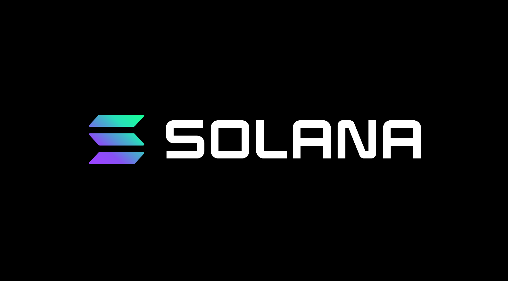
Solana for Business
Token extensions are a major unlock for enterprises. Token extensions deliver the privacy, reliability, customizability, and control enterprises need to build on public blockchains in ways few other blockchains can natively support. Confidential transfers provide privacy, transfer hooks and permanent delegation increase control, and metadata increases customizability. Because token extensions are enforced by the protocol itself, businesses can rely on their execution.
Building on Solana enables businesses to use smart contracts without taking on platform risk. Businesses using smart contracts will see major efficiency gains and reduced administrative costs. By building on a public blockchain like Solana, businesses can trust that they are building on a reliable and neutral platform which wont suddenly change the rules.
While token extensions empower the onboarding of traditional financial businesses, they have much broader implications. Financial services accounts for roughly 20% of the global economy(2). Most enterprises operate in the physical world and make their money moving atoms, not bits or bips. For these businesses, token extensions can ease product recalls, empower multi-party contract execution, increase capital efficiency, and much more.
Token extensions empower businesses to build in ways that are only possible on Solana. By continually pushing the frontier, Solana is becoming one of the best place to do business on chain. Tokens and blockchain have major benefits over traditional systems, and Solana is leading the way in empowering enterprise adoption.
Enterprises take note, Solana is open for business.

If you enjoyed this post, please subscribe for free below!
-Michael

